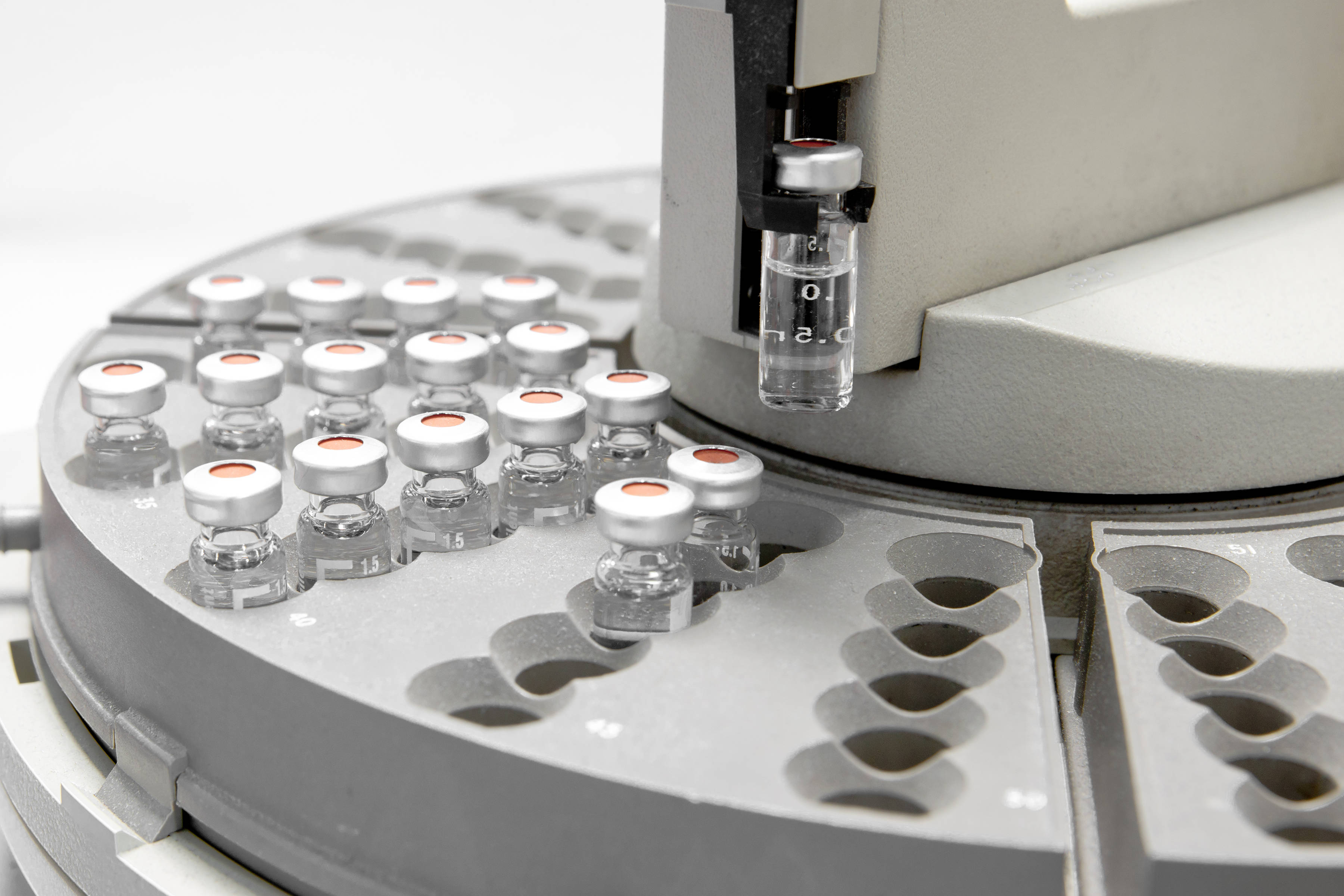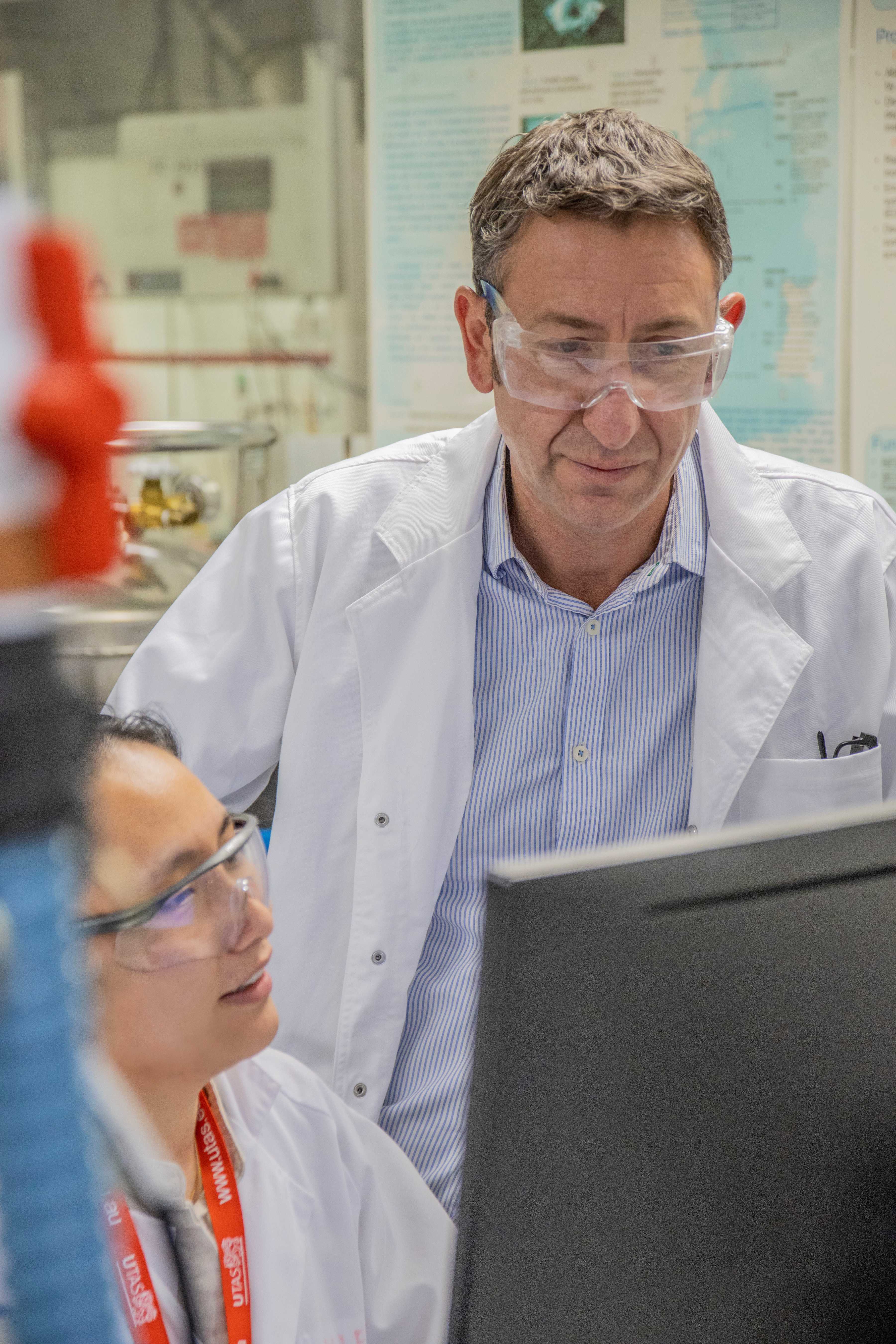Real-Time At-Sample Detection of Pathogens in Food
The project will realise a genuine Industry 4.0 Technology for real-time at-sample detection of pathogens in food.
Find out more
Welcome to the ARC Training Centre for Hyphenated Analytical Separation Technologies (HyTECH). At HyTECH exceptional PhD students and postdoctoral researchers undertake cutting edge research projects that have been developed as academic-industry partnerships.
Collaboration between researchers in our own field is very important, but it’s even better that we include our end-users and instrument manufacturers in the conversation. This is how we know our work is relevant and is solving the problems industry experiences — in water monitoring, forensic science, mining, pharmaceuticals and a myriad of other industries and partner organisations our scientists engage with every day.

“This is how we know our work is relevant.”
The project will realise a genuine Industry 4.0 Technology for real-time at-sample detection of pathogens in food.
Find out more
This project will develop, validate, and apply AF4-Pyrolysis-GC/MS methods.
Find out more
More than ever, consumers want to trust the provenance and authenticity of foods they consume.
Find out more
We are genuinely committed to making HyTECH equitable and inclusive. If you need additional support or accommodations to make a PhD with us work for you, please raise this with your potential supervisor or contact our centre Manager.
Industrial Transformation Training Centres are funded by the Australian Research Council (Australian Government) as part of the Linkage Program. “The Industrial Transformation Training Centres scheme provides funding for partnerships between university based researchers and those in industry. Training Centres provide Higher Degree by Research (HDR) and postdoctoral training for industries vital to Australia’s future.”
